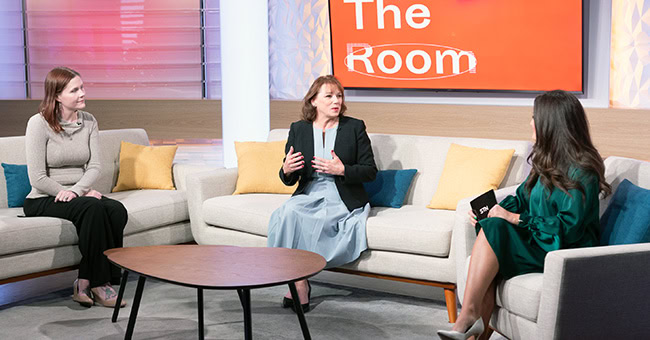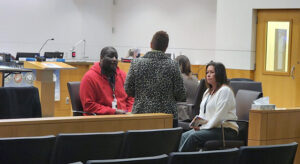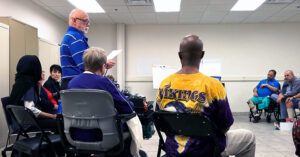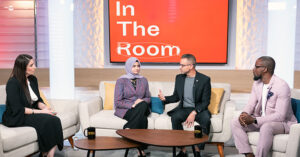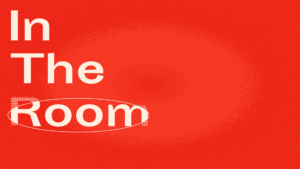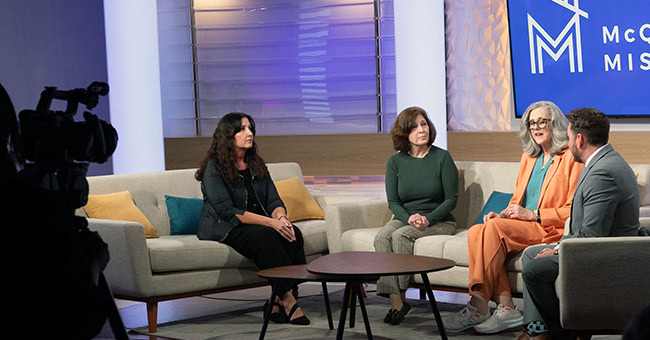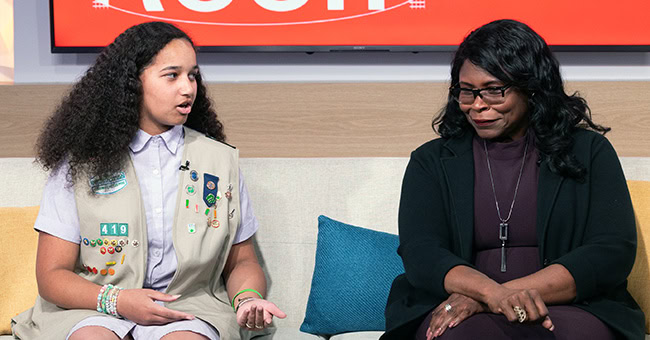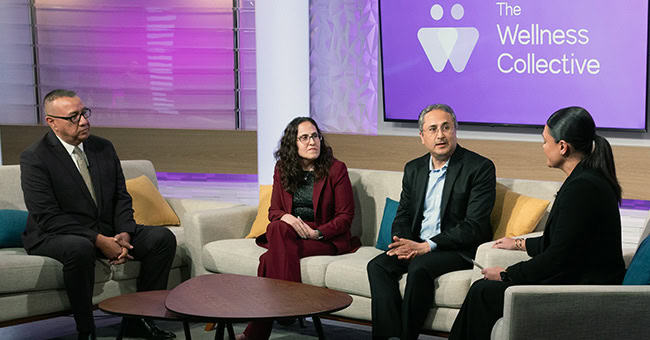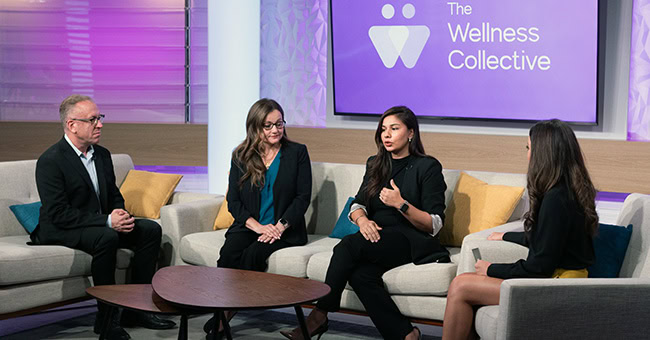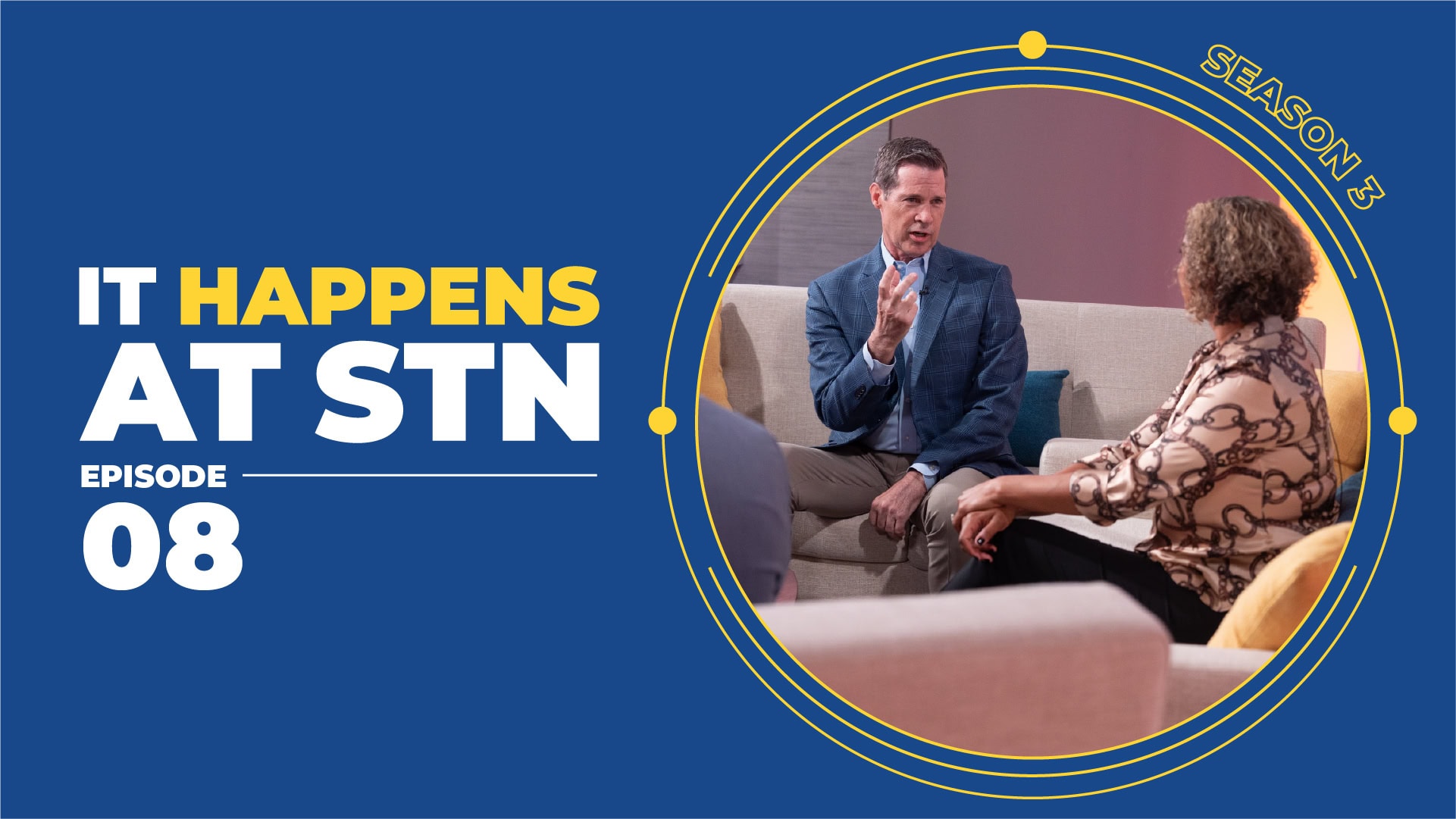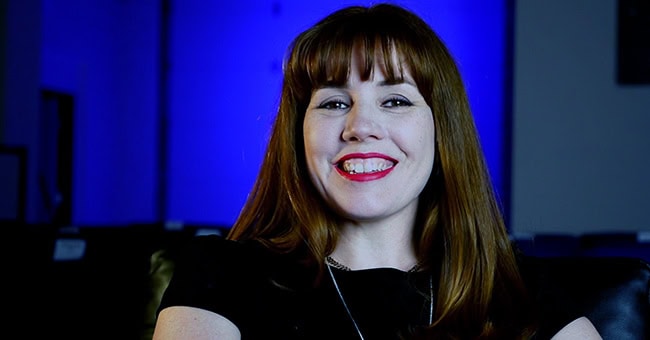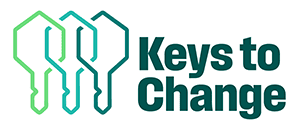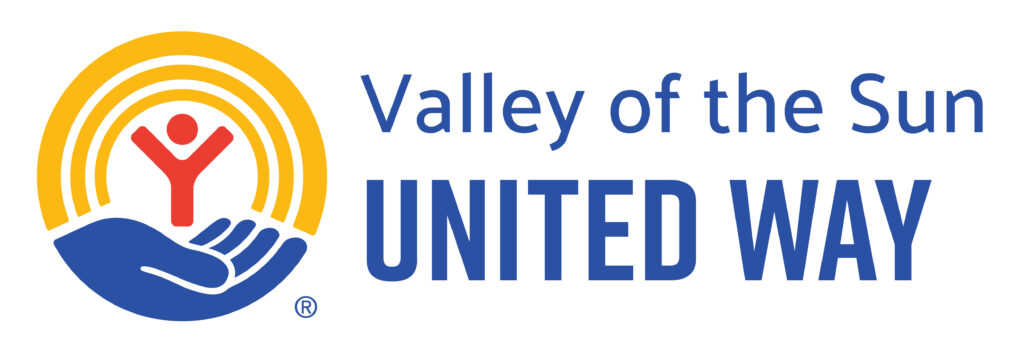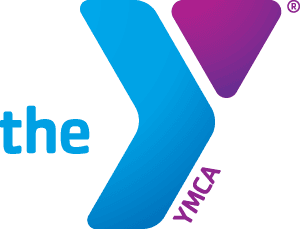PHOENIX (STN) – According to a March 2023 report in Forbes, women are more effective leaders than men in nearly all ways leadership is measured. Yet, the same report states that only about 50 Fortune 500 companies have a female CEO.
So, where is the disconnect? Why aren’t more qualified women being tapped for leadership at the highest levels?
As part of the December episode of ‘It Happens at STN’, ‘In the Room’ host Veronica Aguilar welcomed Amy Hysell, CEO of Arizona Financial Credit Union (AZFCU), and Danielle Valenzano, vice president of leadership development and DEI, to a panel discussion. Together, they addressed the disconnect and explained how organizations can help more women find a path to leadership roles.
For Hysell, her journey at AZFCU began with leadership that set an equitable tone from the top.
“I’ve had the fortune of being at the same organization [for] nearly 30 years, working under the same leader almost all that time,” she said. “What really struck me was it was never an issue if you are a woman or a man, he made sure everyone was treated equally.”
That commitment to equality is reflected in the composition of AZFCU’s leadership.
“We’ve probably had more women leaders in our organization than men at many times, at all different levels,” Hysell said.
Watch the In The Room Panel Discussion
As one of those high-ranking leaders, Valenzano explained how her office implements initiatives to ensure equitable treatment within the company.
“We’ve taken a comprehensive approach to leadership development in our organization,” Valenzano said. “It’s not your background or anything like that that guides your opportunities within our organization. We’re equitable, no matter what.”
Valenzano pointed to increased employee engagement and retention as proof that AZFCU’s combination of management training, mentorship, and DEI efforts is paying off.
“[There is] tangible evidence of people going into those leadership roles that they maybe thought were unattainable in the past.”
Hysell emphasized the importance of challenging outdated notions that emotion is a detriment to professional advancement.
“There’s often the sense that you can’t be emotional, you can’t show those things,” she said. “It’s okay to have an emotion. It’s okay to show excitement. It’s okay to show sadness. That doesn’t make you weak, that just makes you emotionally intelligent.”
For organizations, Hysell said it all starts at the top, just as it did for her three decades ago.
“Give everybody an equal opportunity,” she concluded. “Make sure that you’re investing, whether men, women, any background, give everybody an equal opportunity and treat them all [as] capable.”


